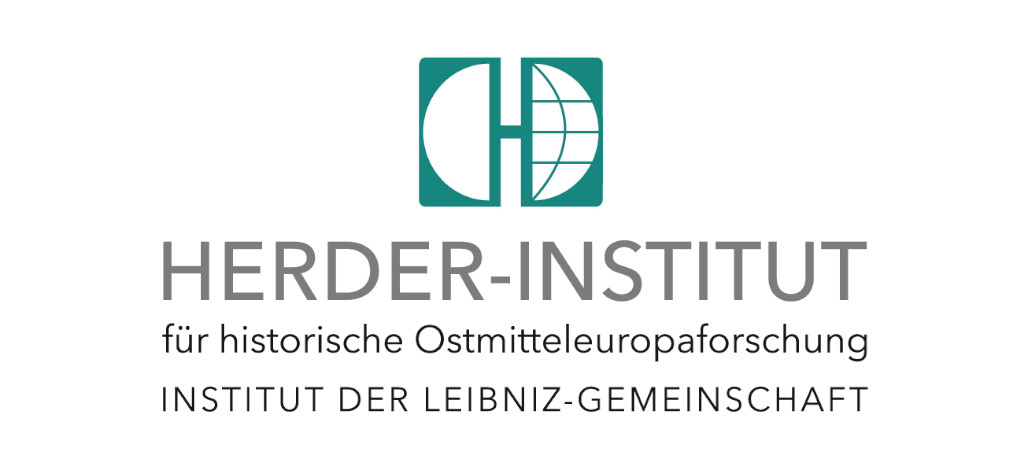Main Content
Working Group Affects
3. Funding period (2022-2025)
The aim of the working group is to take up the topic of emotions and affects, which has been little addressed in the previous funding periods. To this end, it brings together approaches to the history of emotions and the sociology of affect that have largely run parallel to one another up to now.
Emotions and affects have long played a subordinate role in historical and sociological security research. This is surprising, since situations of security are regularly emotionally and affectively charged. Emotions and affects significantly influence what is even considered an object of threat. They orient the epistemologies and problematization modes of actors and thus bring reference objects into focus as relevant to security in the first place. This also raises the question of the significance of the constructedness of emotions such as anger, fear, or empathy for individual "emotional communities" (Rosenwein 2015) as well as for individual and collective (in)security. At the same time, affects and emotions can also become decidedly the object of security repertoires and policies. For instance, media visualize threat situations in order to calibrate the security-related attentions and behaviors of the population. Finally, affects and emotions are the subject of training programs when, for example, the anticipation and navigation skills of security actors in dangerous situations are trained by simulating crisis situations (Krasmann/Hentschel 2019).
However, emotions and affects can also be made into a security problem themselves, as they exhibit uncontrollable connectivity and virtuality. Precisely because fear, anger, or arousal break the boundaries of existing orders, they are a challenge for security actors. They can set individuals, collectives and social orders in 'vibration' (Luhmann) and unfold their very own social dynamics. Accordingly, affects and emotions can hardly be contained by communication. Because affects in particular are on a different level than threat communication, afflicted bodies are only conditionally accessible to procedures of deliberation. This does not mean, however, that they are beyond the reach of security policy. On the contrary, many security efforts aim to control, mitigate, redirect, or prevent affects and emotions from arising in the first place - from appeasing political words and media information campaigns, to publicly effective (court) processes designed to address the public's feelings of punitiveness, to architectural design in inner cities to increase the general sense of security.
One focus of the working group is on how affects can be methodologically and theoretically accounted for in security research. In doing so, it pursues two intertwined goals. It aims to organize the heterogeneous field of affect and emotion research and to relate it systematically to security research. Furthermore, it tries to complement the pragmatistic analytics (situation/heuristics/repertoire) developed so far in the SFB with an emotion- and affect-theoretical perspective.
Speaker of the concept group
Leon Wolff



